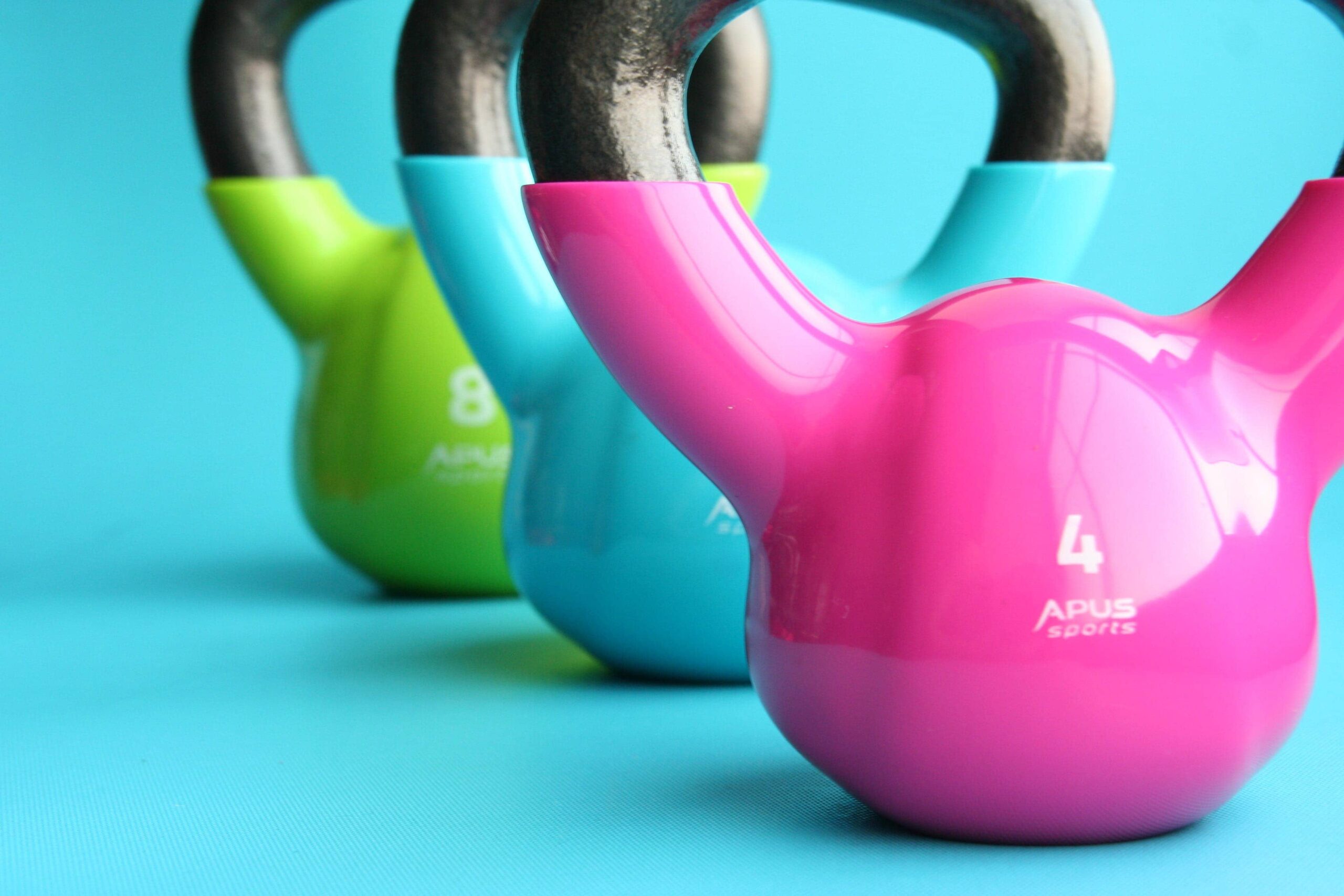Can The Gym Really Be Your Therapy?

Can The Gym Really Be Your Therapy?
Have you ever heard someone say, “the gym is my therapy”? It makes sense to connect physical exercise to mental health. Working out is a very simple, quick, and effective way to feel better. In fact, regular exercise is something we frequently recommend to our clients.
The Benefits of Regular Physical & Emotional Exercise
Exercise can reduce anxiety and depression. It can boost mood and improve self-esteem. It can help you think more clearly and energize you. Working out in a gym can also help connect you with other people. Staying connected is a great way to improve mental health. Those who exercise outside in nature get even more mental health benefits. Spending time in nature can improve one’s well-being.
In our therapy groups, we often refer to psychotherapy as “an emotional gym.” After therapy, it’s not uncommon to feel exhausted. The gym hones the body’s strength, while psychotherapy facilitates the mind’s resilience. Whether you’re lifting weights or lifting emotional burdens, the essence remains the same: you are challenging yourself to grow.
Goal Setting At The Gym & In The Therapy Room
In both arenas, individuals set goals and track progress. At the gym, goals might be weight loss, strength, endurance, or flexibility. Or it might be simply to feel better. In therapy, there are a handful of common goals. This may include relief from suffering, increased emotional regulation, improved relationships, and self-awareness. In both settings, the journey is about growth. Both can also result in the satisfaction of achieving milestones.
Individualized Approach To Exercise & Therapy
Personal trainers and gym-goers tailor workouts to their fitness levels and preferences. You wouldn’t want to go to boot camp if you don’t like the pressure of that experience. If you don’t like getting wet, water aerobics wouldn’t be a good fit for you either.
Psychotherapy also offers a personalized approach to mental well-being. Therapists adapt their methods to suit individual needs. At our practice, therapists each have their own background, interests, and strengths. When you are matched with a therapist unique to your situation, you are more likely to benefit. It’s important that strategies used work with each person’s unique experiences and challenges.
Self-Reflection and Mind-Body Connection
Holding a yoga pose? Sitting in a therapy session? Both settings focus on the mind-body connection. The gym encourages self-reflection on physical strength and capabilities. Counseling delves into the intricacies of thought patterns, emotions, and behavioral responses.
Inclusivity and Support Systems
Both the gym and psychotherapy foster a sense of community and support. In the gym, you might find workout buddies challenging you and cheering you on. In therapy, a supportive therapist and/or group members become your team. Recognizing that you’re not alone in your struggles is a powerful motivator. As we mentioned earlier, feeling connected is also important for mental health.
Release & Relief From Exercise & Counseling
The gym provides a physical outlet for stress through the release of endorphins. This promotes a sense of well-being.
Psychotherapy can offer an emotional release, providing a safe space to express feelings. It allows for clients to process experiences and find relief from the burdens of daily life. This can, at times, be challenging, but is well worth the long-lasting rewards.
Avoidance, Even When You Know It Will Help
It’s common for individuals to want to avoid therapy and exercise. Related to the gym, people can lack motivation to do the hard work. Maybe they feel physically tired. Maybe they fear comparing themselves to others. Or maybe they are overwhelmed by how far they have to go to see results.
People can also be avoidant when it comes to counseling. Perhaps they don’t want to admit that they need help. Or they convince themselves that their problems aren’t bad enough for therapy. They can feel ashamed that they can’t fix their “problems” on their own. Or maybe they feel afraid of feeling exposed and overwhelmed. These are all understandable feelings, which can lead to avoidance in either setting.
Working Out & Going To Therapy Are Not Interchangeable
Going to the gym has many positive benefits. It’s an important form of self-care for the body and mind. Yet, going to the gym is not a replacement for therapy. Yes, there are some psychological and emotional benefits to exercise. Yet, it’s not going to help you exercise your emotions.
Therapy can help you heal from past trauma. It can help you improve your relationships. It can help you learn strategies to deal with difficult thoughts and feelings. What makes psychotherapy so unique is the emotional intimacy of the therapy relationship. A high level of trust is required to be emotionally vulnerable with a counselor.
Supporting both the mind and body is very important. While they are connected, supporting wellness in both areas separately will be more beneficial than one of them alone. To best foster personal growth, we recommend prioritizing both physical and mental well-being.
A Note About Mental Health Stigma
We are happy to see that the stigma associated with mental health challenges is lessening. While we are very happy to talk to anyone who will listen about the many benefits of therapy, including our own therapy, we understand that some people fear being judged. Since everyone is dealing with something, it makes sense that we shouldn’t all have to pretend to be fine all the time. We see it happening more and more, but we look forward to the day when everyone feels comfortable talking about being in therapy, like they might talk about going to the gym.
If you are thinking about starting individual therapy or joining a therapy group, we invite you to reach out to our client care team at (615) 582-2882 or clientcare@nashvillepsych.com. We are here to help. If we aren’t a fit, we will kindly refer you to another resource in our community or beyond.

